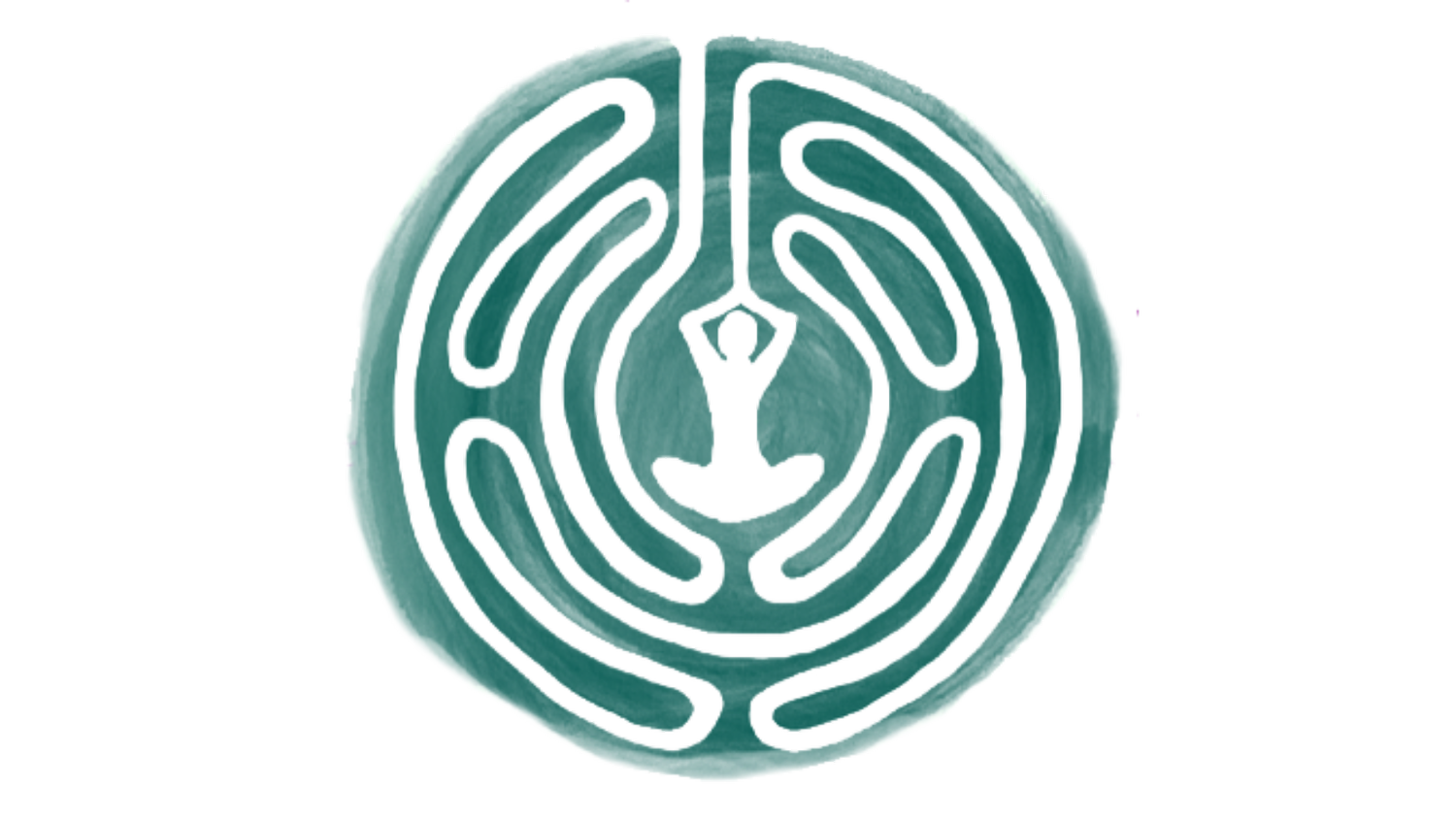Non-Confessional Approach (Religious Studies): Discussions of the Intersection of Christianity and Yoga
Although not all of the authors listed here would necessarily accept the designation, these works might be characterized as coming out of religious studies. That is to say, any personal faith commitment by the researcher is left outside of the study. The writers do not address their subjects from any faith-based or confessional stance.
Alter, Joseph S., Yoga in Modern India: The Body between Science and Philosophy. Princeton: Princeton University Press, 2004.
In this study, Joseph Alter examines the history of yoga from a scientific and ethnographic perspective. His study follows the emergence of yoga in India by focusing on Swami Kuvalayandanda. Alter deconstructs the claims made about yoga by examining how the rigid techniques of the scientific method have been altered in studying the effects of yoga. This book is one of the core studies in modern postural yoga research.
Bakić-Hayden, Milica. (2008) “Two Methods of Contemplation: Yoga and Hesychast Prayer: An Exercise.” Bulletin of the Institute of Ethnography SASA Vol 56/2,
This excellent article is a careful study by a scholar of religion undertaking a detailed and sympathetic comparison between meditation practices or methods. There is no attempt to prove the theological superiority of one over the other. The author compares Patanjali’s Sutras, in which “speculative and practical go hand in hand” and the hesychast tradition of Eastern Orthodoxy as exemplified by the masters of the 13th and 14th centuries. Careful attention to method reveals a good deal of commonality between both. Both traditions share much in how the mind works and knows. Not surprisingly, there is considerable difference at the level of theological context and the goal of contemplation. These ends are described as “freedom from” in the case of Patanjali, i.e., freedom from avidya, ignorance, and this within an “impersonal experiential reality of an archetype of the yogin, rather than to a divinity of the kind represented in the Christian God” (p.181). For the hesyschasts, contemplation is “freedom for-- for communion with God in Love” (p.181). The author provides succinct definitions for key terms and themes in the Sutras and the hesychast tradition, making the article likely accessible to an educated general public.
de Michelis, Elizabeth. History of Modern Yoga. Patanjali and Western Esotericism. New York: Continuum, 2004.
In this book, de Michelis (who is part of a collective on Modern Yoga Research) coined the term “modern postural yoga.” The book demystifies the mystique around modern yoga by tracing the way in which it is currently practiced back to the trading of Eastern and Western ideas in the 1800s. De Michelis traces the history of yoga through Hindu and Neo-Hindu roots, alongside the Neo-Vedantic teachings of Rammohan-Roy and Vivekananda. Finally, she examines Iyengar Yoga as an example of modern postural yoga and muses about how it is “a healing ritual of secular religion.” This book is a must-read for scholars.
Jain, Andrea, "The Malleability of Yoga: A Response to Christian and Hindu Opponents of the Popularization of Yoga." Journal of Hindu-Christian Studies: Vol. 25, Article 4. 2014 Reprinted in Jain’s book Selling Yoga.
Jain, Andrea, “Who Is to Say Modern Yoga Practitioners Have It All Wrong? On Hindu Origins and Yogaphobia.” Journal of the American Academy of Religion, vol 82, no 2. 427-471. 2014
The article finds similarities between Christian and Hindu opposition to Christians practicing yoga. From the abstract: “This article demonstrates that these positions are strikingly similar insofar as they are polemical, prescriptive, and share Orientalist and reformist strategies, and suggests that the two protesting positions emerge as much from the cultural context--that is, consumer culture--that they share with popularized forms of modern yoga as from a desire to erect boundaries between themselves and modern yogis.”
Sydnor, Jon Paul. (2018) “Does God Have a Body? Rāmānuja’s Challenge to the Christian Tradition.” Journal of Hindu-Christian Studies, vol 31. Article 19.
Yoga and God: Hindu and Christian Perspectives. (2017) The Journal of Hindu-Christian Studies, volume 30.
The Journal of Hindu-Christian Studies dedicated volume 30 (2017) to the concept of Christians practicing yoga. Articles of note include:
